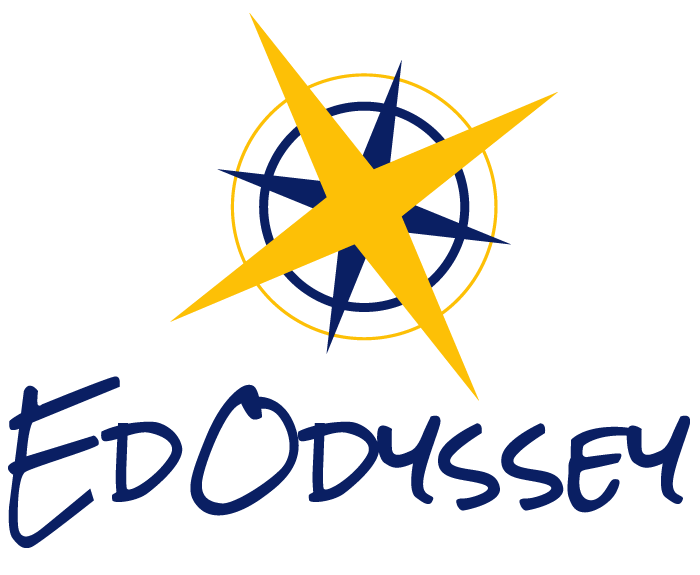Blog
How to Define the Study Abroad "Immersion" Experience
Immersion during study abroad involves a deep involvement and understanding of the culture of a different country. It is not just an overview or a checklist of that country’s features, but a thorough encounter into the sublayers of social, political, ideological, and economic factors that define it as a culture.
How to Make Your Study Abroad Experience Authentic
A study abroad experience can oftentimes be confused as a vacation abroad. One of the most important aspects of a study abroad experience is for it to be authentic. Authenticity can include visiting local food spots, trying new cuisine, using the public transport, and building local connections in order to have a more culturally fulfilling experience. You will learn much more about a country by living authentically, while boosting your travel and local knowledge IQ.
Search previous blogs here.

